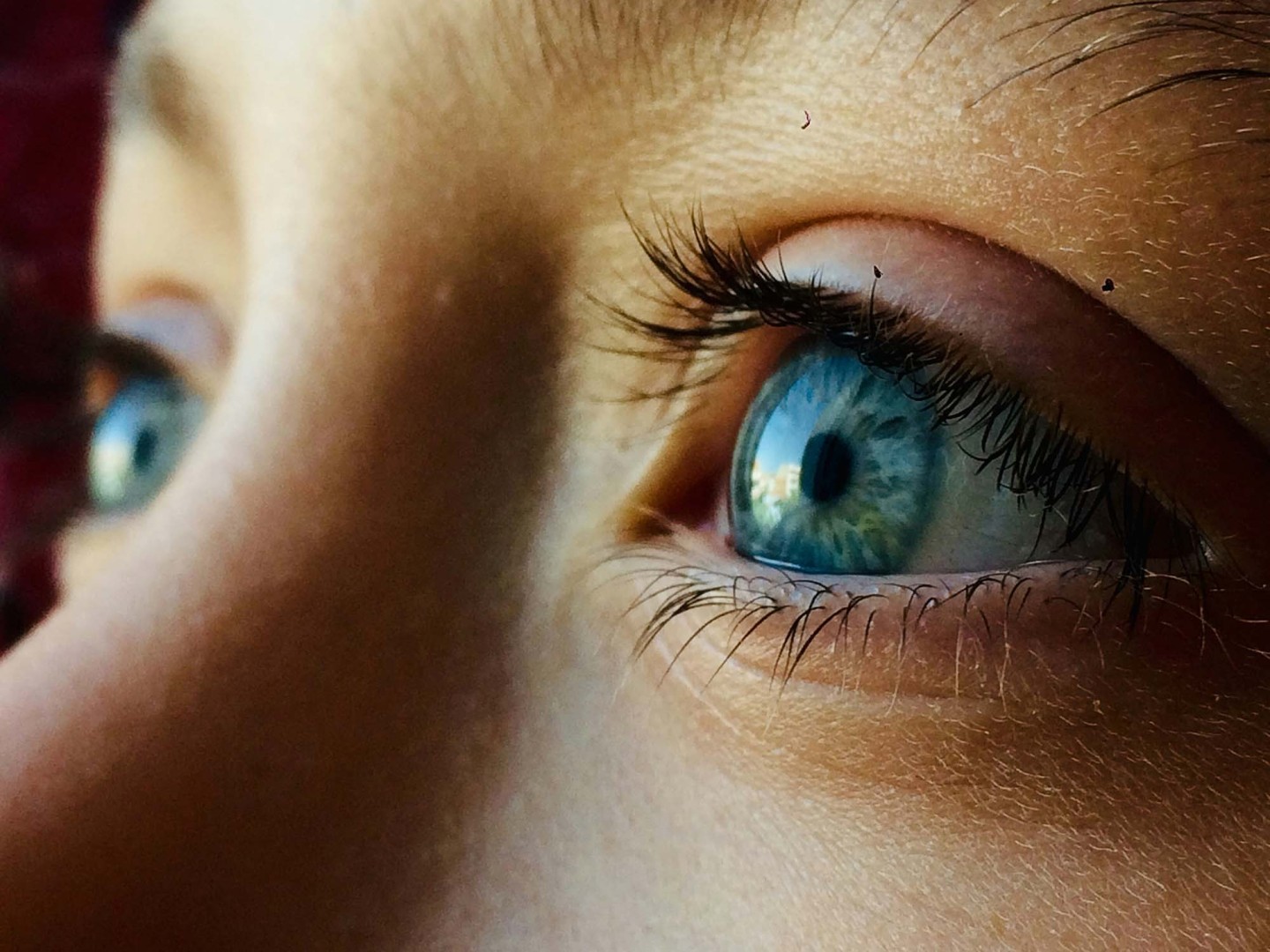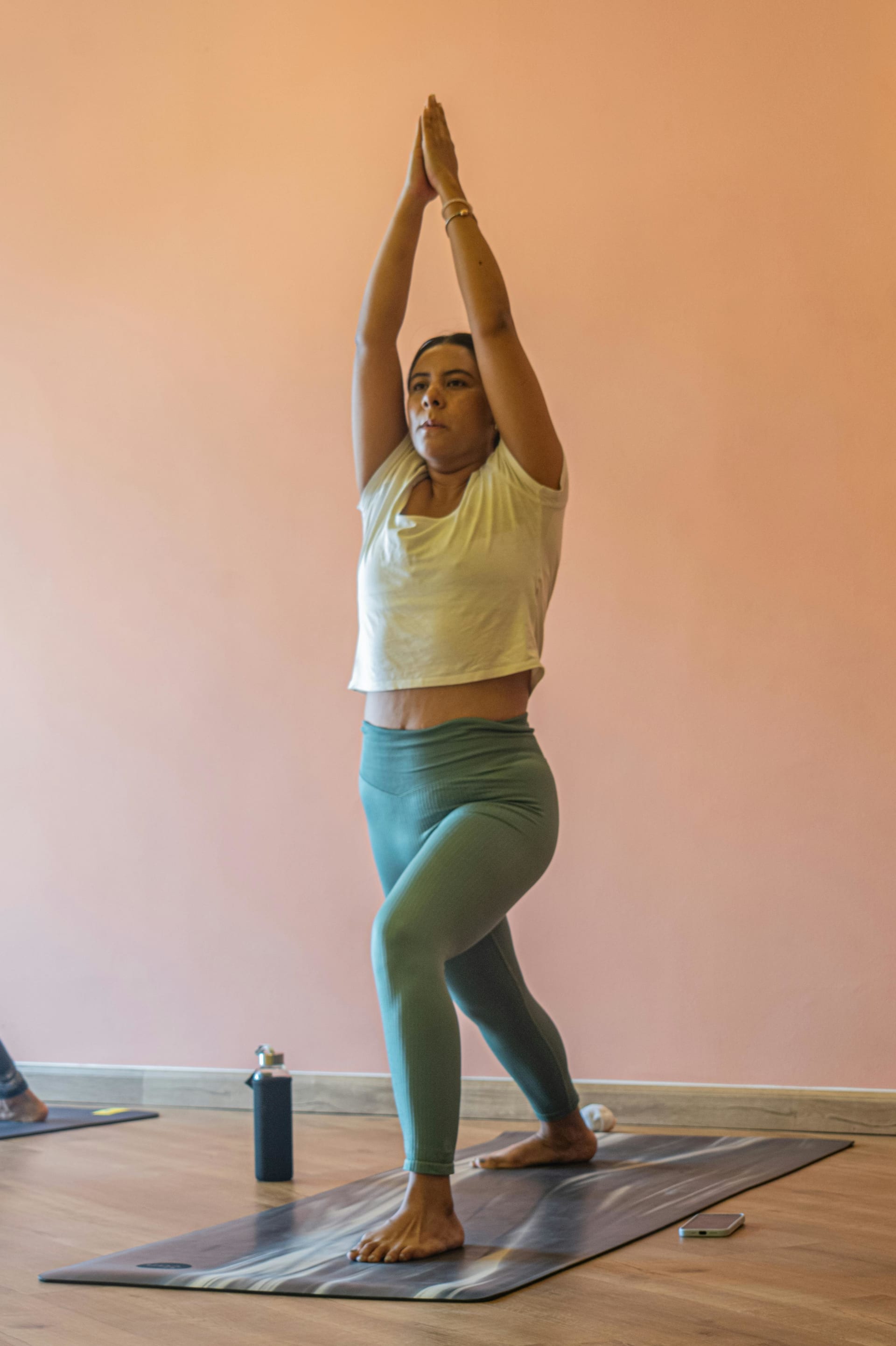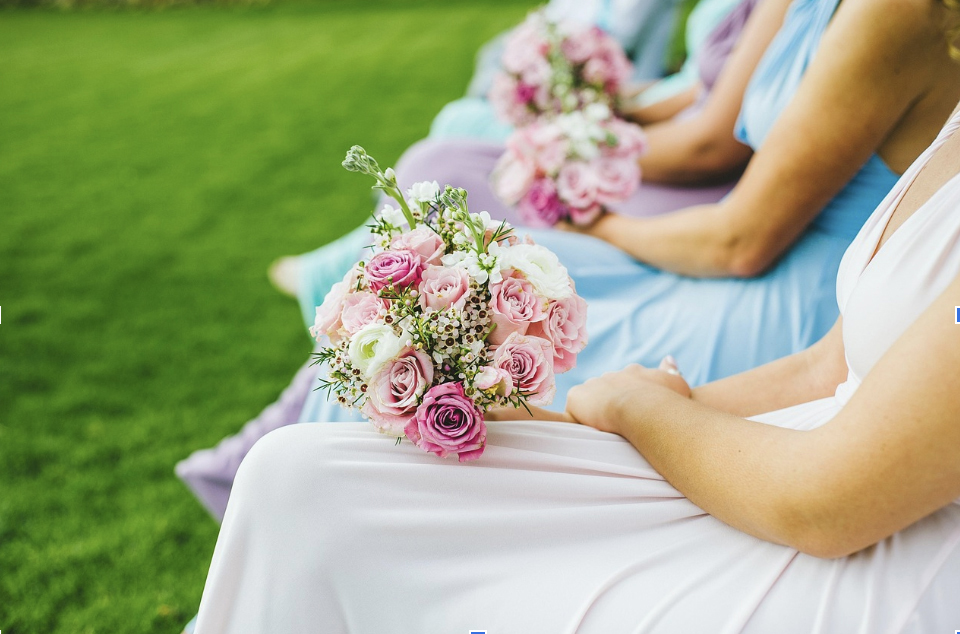You might be considering choosing lenses because you’d like freedom when engaging in sports or other activities, or you want to experience a clearer field of vision. But while the idea of popping in lenses and seeing clearly sounds simple, getting the right pair for your eyes, lifestyle and vision needs requires more than a quick online order.
The importance of a professional fitting
An eye care professional doesn’t just check your prescription, they also measure the curve and diameter of your eye to ensure the lenses fit comfortably and safely. If they sit too tightly or move too much, they can cause dryness, blurred vision or even damage your cornea.
A fitting also helps your optician detect any underlying issues, such as dry eyes, that could affect your ability to wear lenses comfortably.
Daily disposables vs reusable lenses
Think about how much time and effort you're willing to spend on cleaning. Daily disposables offer convenience as you wear them once, then throw them away. They're great for people with busy routines, allergies or occasional lens wearers who just want the freedom to switch between glasses and lenses. You don’t need to clean them or store them, which cuts down the risk of eye infections caused by poor hygiene.
Reusable options are typically changed monthly or fortnightly and cost less per wear but demand more care. You’ll need to clean them thoroughly every day and store them properly to keep bacteria at bay. These are a good option if you wear lenses regularly and can commit to the upkeep. If you're not confident with a cleaning routine, dailies might be the more practical choice.
Features to suit your needs
Modern contacts come with specific features tailored to your daily life. If you often work on screens, for instance, you might benefit from lenses designed to retain moisture throughout the day. These can help reduce the discomfort of digital eye strain, especially during long hours at a desk.
If you spend a lot of time outdoors, UV-blocking lenses can offer extra protection. They’re not a replacement for sunglasses, but they do help shield your eyes from harmful rays. Sporty types often go for those with higher oxygen permeability, which keeps eyes feeling fresher for longer during intense physical activity.
Correcting more than just long or short sight
If you’re over 40 and struggling to focus on close-up tasks, reading glasses might not be your only option. Multifocal contact lenses are designed to correct presbyopia, or long-sightedness, which is a common age-related condition, that makes near vision blurry. These lenses combine multiple prescriptions in a single lens, allowing you to see clearly at varying distances without needing to switch between different pairs of glasses.
Multifocals can take a little time to adjust to, but many wearers find the transition smoother than expected. If you're tired of swapping specs just to check your phone or read a menu, they’re worth considering.








